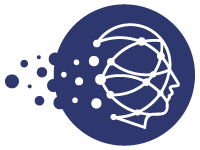Restorative Practices
for Individual, Teams, Institutions, & Organizations
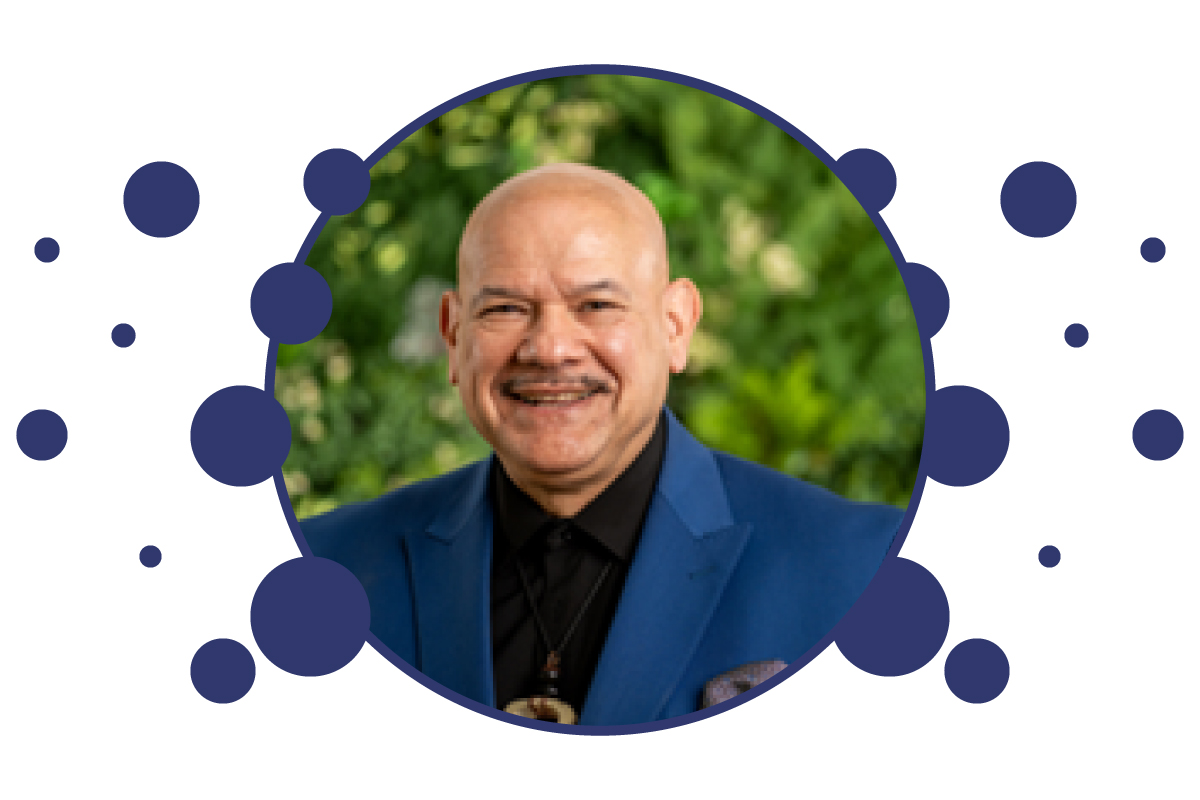
Meet Our Team Leader
Under Richard’s direction, Full Circle offers a unique, culturally competent, holistic approach to its professional enrichment services and the implementation of restorative practice values for high-performance teams and organizations. Richard brings over 20 years of experience and expertise in professional training, facilitation, strategic planning, and leadership development to corporate, sports, and entertainment, as well as nonprofit entities.
Under Richard’s leadership, the Full Circle professional development team specializes in helping leaders and organizations address problems and challenges using a culturally-sensitive, restorative lens, i.e., applying root cause analysis, leveraging the power of relationships, cultivating empathy & self-reflection, and identifying restoratively oriented, strategic solutions that holistically address predicaments & critical incidents, stimulate innovation & creativity, improve communication & collaboration–thereby helping organizations amplify overall team synergy and enhance the workplace culture.
In addition to serving as the organizational development and restorative practice lead for Full Circle over two decades, Richard is also a senior, cultural competency facilitator on race conversations for the New York Community Trust Leadership Fellows Program at the Austin W. Marxe School of Public and International Affairs. He also teaches “Participatory Practices and Race Conversations” in the co-lab with New York University (NYU), Wagner School of Public Service, and is a senior facilitator for the College of Staten Island, Equity and Belonging Conversation for Change Project.
Richard has been invited to lead numerous race equity conversations with large nonprofit organizations, including the Guttmacher Institute, the Rochester Foundation, and Housing Works. He has also provided organizational change, technical assistance, and strategic planning consultation to Verizon, Bellevue Hospital, Montefiore Hospital, Big Brothers and Big Sisters National, and the Hispanic Federation.
Richard received his M.S.W. degree from Columbia University, School of Social Work.
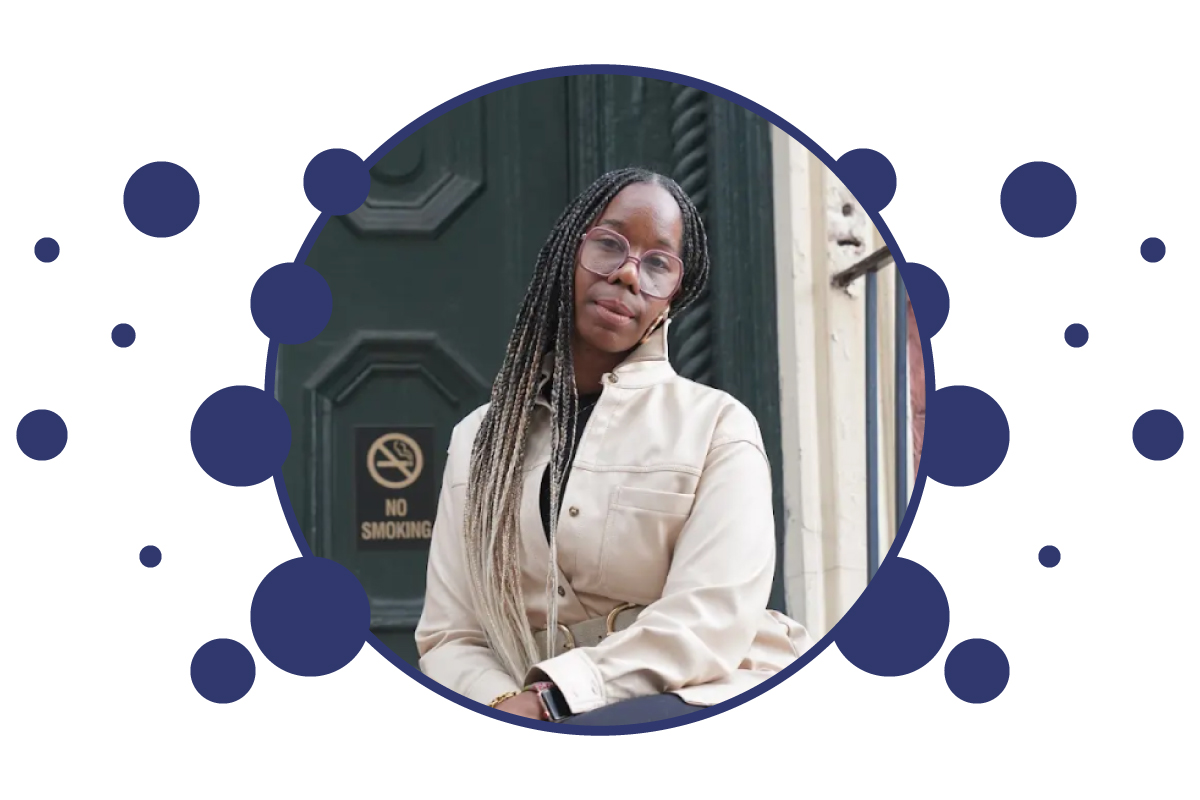
Meet Our Team Leader
Marion Holley Smith is a nationally-recognized, certified life coach and seasoned education leader with a proven track record in implementing transformative restorative justice programs. With 15 years of experience as a Dean of Students, Marion is deeply familiar with the challenges associated with working across diverse stakeholder groups, including young adults, parents, coaches, educators, and leaders. Marion is highly regarded, not only as a top practitioner, but also as a motivational force and influencer in the field of restorative practices, earning admiration in educational circles, and beyond, for her tireless dedication and expertise. She champions these methods for their ability to cultivate positive relationships, resolve conflicts, and foster inclusive environments. Her compassionate approach and extensive background empower her to guide individuals toward personal growth and heightened awareness of their impact on others. Through innovative programs and workshops, Marion offers a fresh perspective on diversity, equity, inclusion, and belonging, making her a dynamic and invaluable asset in any professional setting. Based in New York City, Marion holds a Bachelor of Science in Journalism and Media Studies from Bennett College for Women.
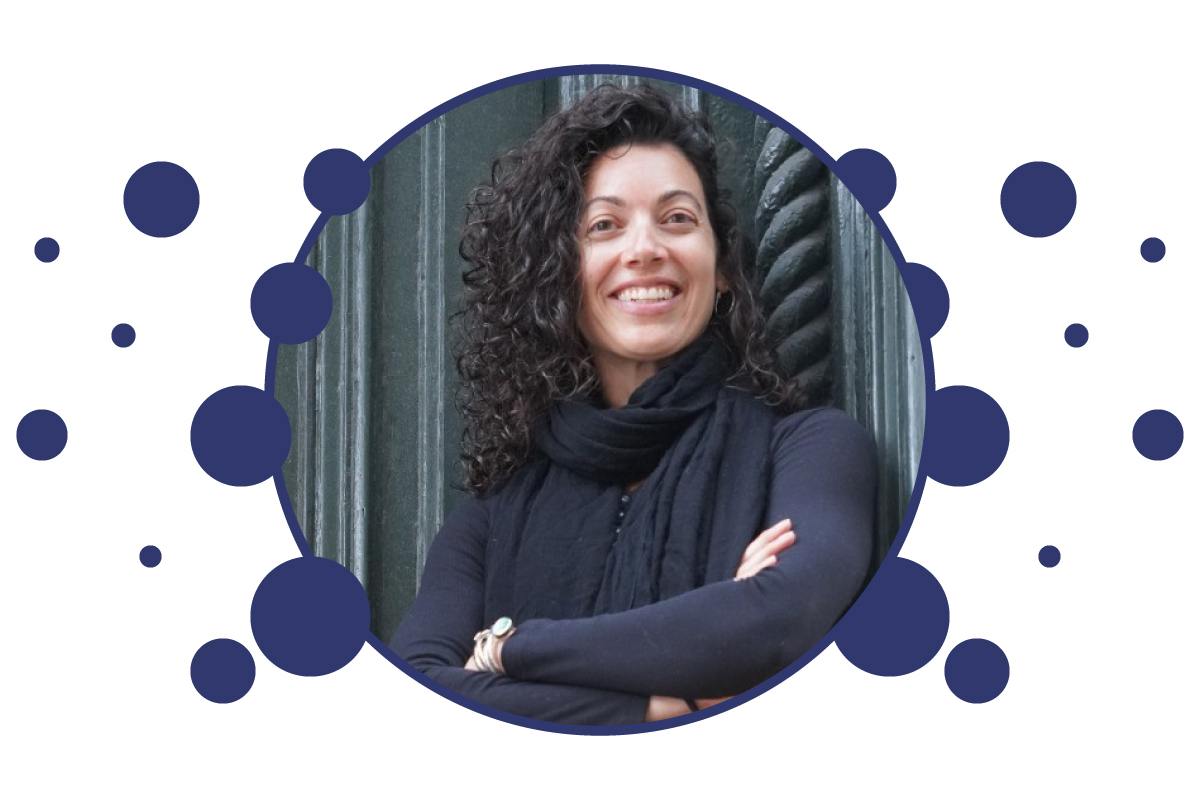
Meet Our Team Leader
A Full Circle Approach
Why Restorative Practices Matter
By moving your team towards investing in Restorative Practices (RP), you meaningfully enhance your organization’s culture, capacities, and competitive edge.
A RP-driven culture creates opportunities for open communication, increased empathy, conflict resolution, unbridled creativity, and collaborative problem-solving that spark higher team engagement, job satisfaction, and overall well-being.
Current research shows that organizations and teams that employ RP demonstrate increased productivity, performance, retention, positive word of mouth, improved brand reputation, and business growth.
Benefits of Implementing
Restorative Practices
1. Improves Conflict Resolution & Communication:
Provides a structured & supportive framework for resolving team conflicts.
Encourages restorative dialogues, empathy, and active listening.
Identifies underlying issues & needs of individual team members.
Promotes development of sustainable & reparative solutions that foster long-term harmony.
2. Encourages Accountability & Responsibility:
Less focus on punishment which only breeds resentment & avoidance of responsibility.
Strong focus on each team member taking personal accountability & responsibility.
Through face-to-face meetings and open dialogues, team members encouraged to take ownership of their actions, understand the consequences, and actively work towards restoration by repairing what has been harmed or broken.
3. Amplifies Trust & Positive Relationships:
Encourages a culture that embrace open communication as a core value.
Provides a safe space where any member of the team can express their concerns, feelings, and perspectives without fear of retribution.
Encourages authentic trust among team/colleagues and a more positive work environment.
Leads to Increased team synergy, collaboration, cohesiveness, & productivity.
4. Increases Well-being & Retention:
Acknowledges the emotional impact of workplace conflicts that reduces stress and promotes optimism, healing and support.
Focus is on the overall well-being and team feels prioritized thereby increasing job satisfaction.
Decreased absenteeism, and turnover. Increased retention.
PRINCIPLES OF RESTORATIVE PRACTICE
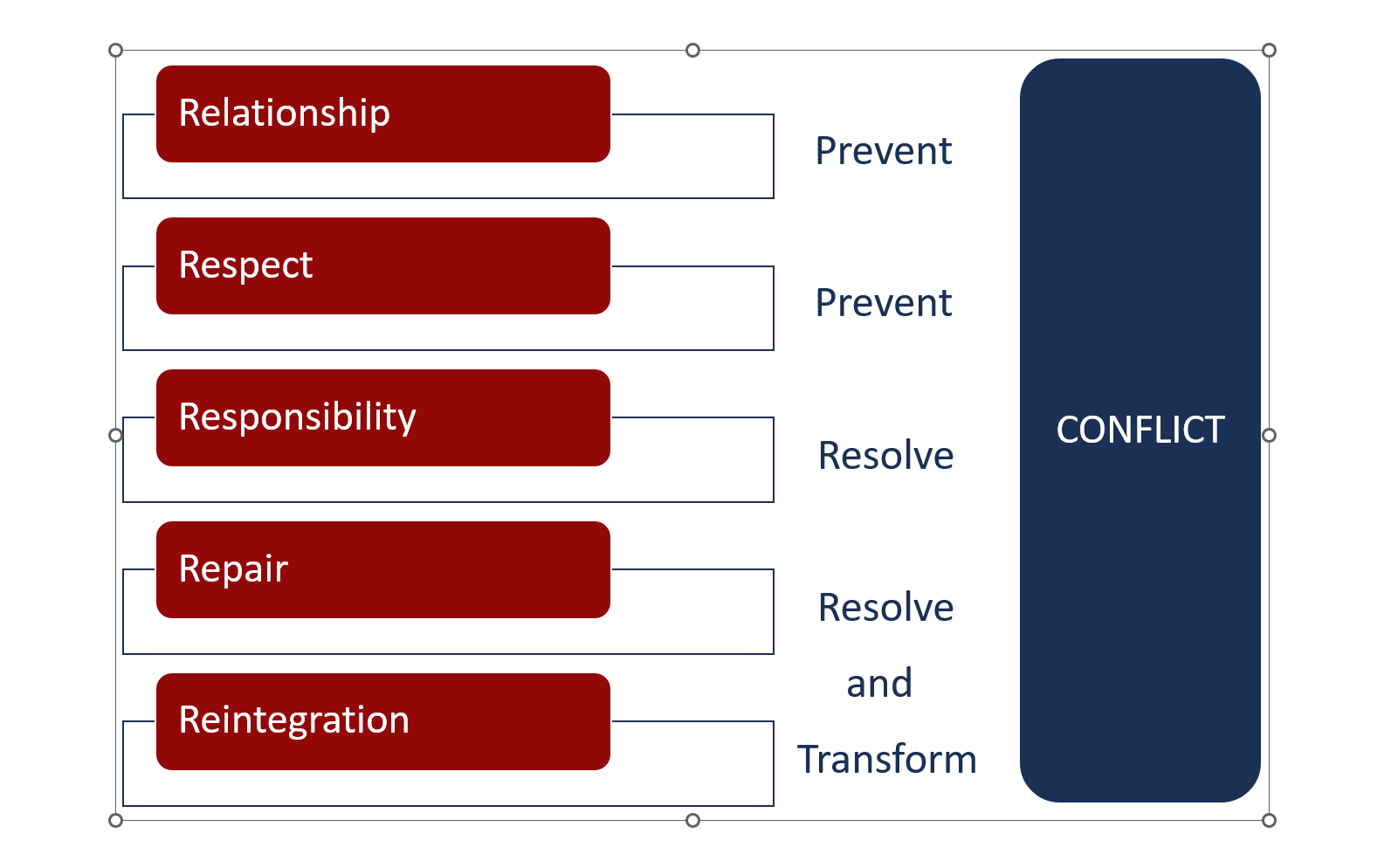
Why Choose Full Circle?
Full Circle has over 100 years of combined expertise and experience in providing organizational development and restorative practices, and over two decades of providing state of the art mental health, executive leadership coaching, high performance and technical support to various for profit and nonprofit organizations.
Our consultants are uniquely qualified to offer culturally competent and restoratively sensitive, technical assistance and strategic planning. We are especially adept at using a holistic and restorative approach to conflict, critical incidents, and change or predicament management.
Full Circle goes beyond one-time interventions to establish longer term relationships through leadership and executive coaching & counseling, as well as the implementation of a restorative practices culture within high performance teams and organizations.
By partnering with Full Circle, investing in trainings, establishing clear policies, creating a supportive environment, and utilizing our skilled facilitators, your team will be positioned for remarkable success as they integrate advanced skills, practical strategies, and restorative practices into everyday operations.
Restorative Practices & Mental Health Connection
Restorative practices positively impact mental health outcomes for all parties involved in a disagreement, dispute, critical incident, or conflict. By emphasizing restorative-oriented healing, prioritizing relationships, and promoting empathy, at individual, interpersonal, and institutional levels, Full Circle offers a unique approach to healing, recovery, reparation and restoration.
Full Circle has a 20-year history of providing restorative justice, mental health consultation for social services, educational, and justice involved agencies. The core restorative values of relationship, respect, responsibility, repair, restoration, and reintegration inform our mental health programs and court-involved counseling services below:
Our Restorative Practices Implementation Process
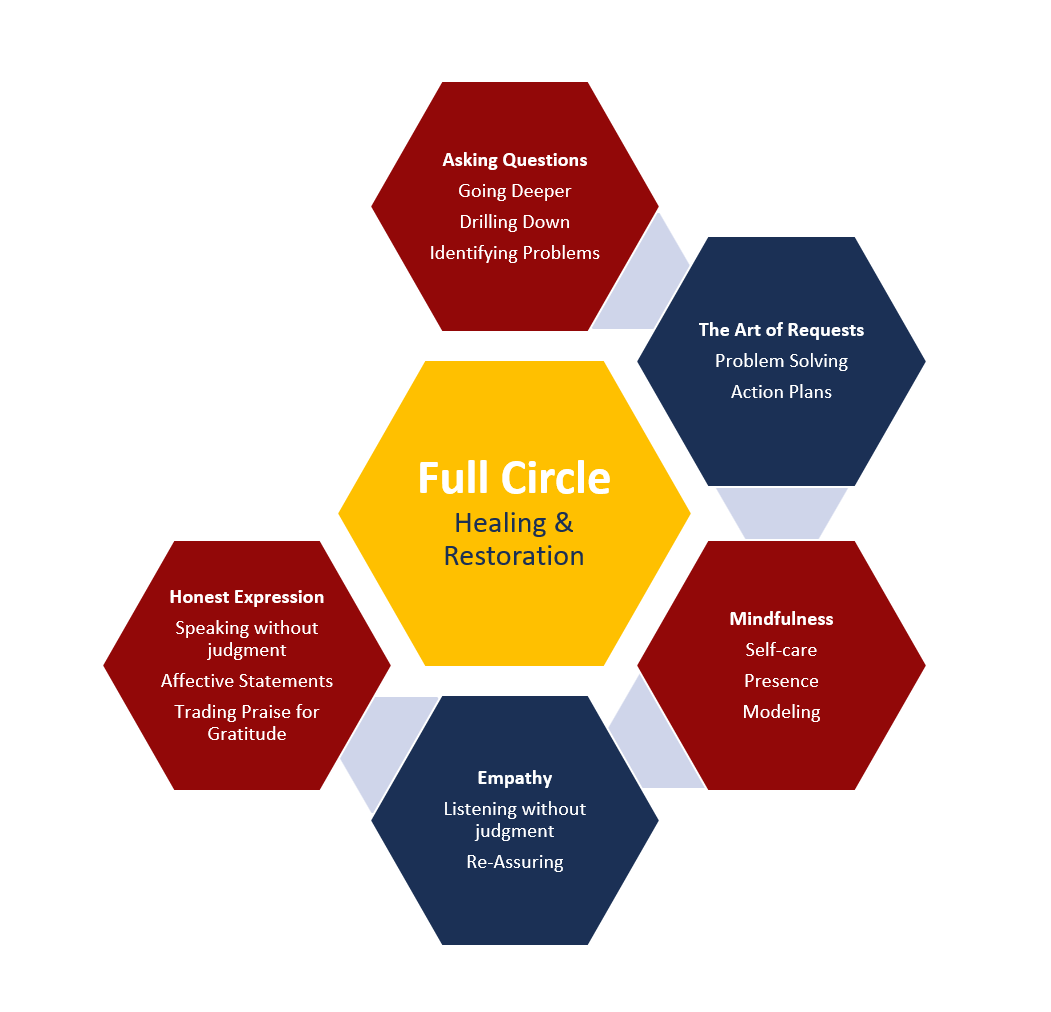
Our Restorative Practices Implementation Process
Full Circle Trainings & Workshops
Here are a few of the workshops and professional trainings that we are able to offer:
